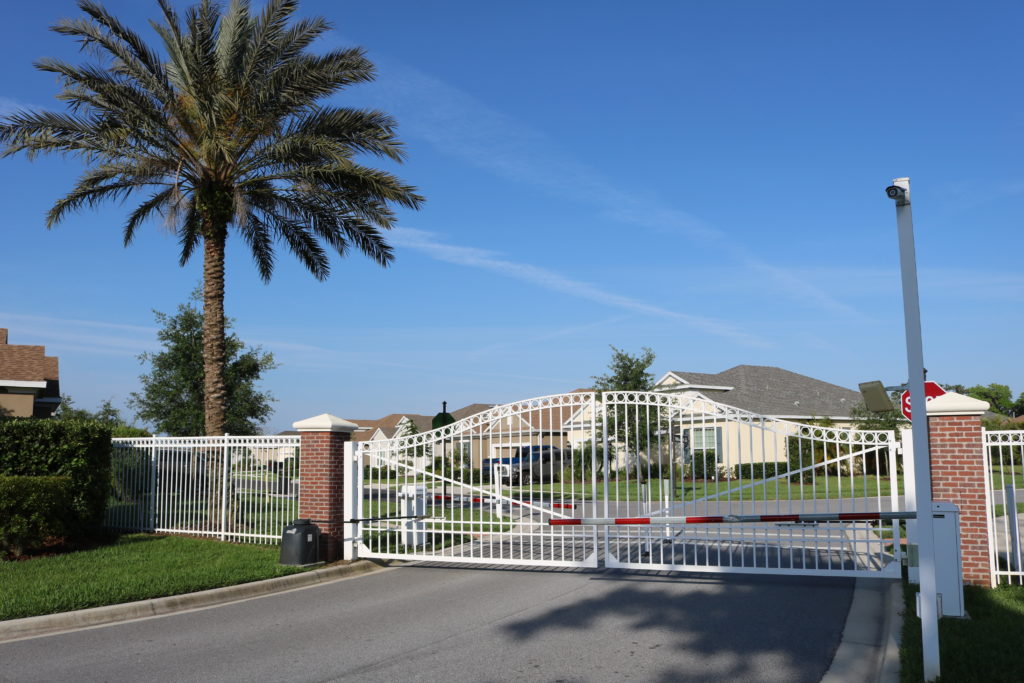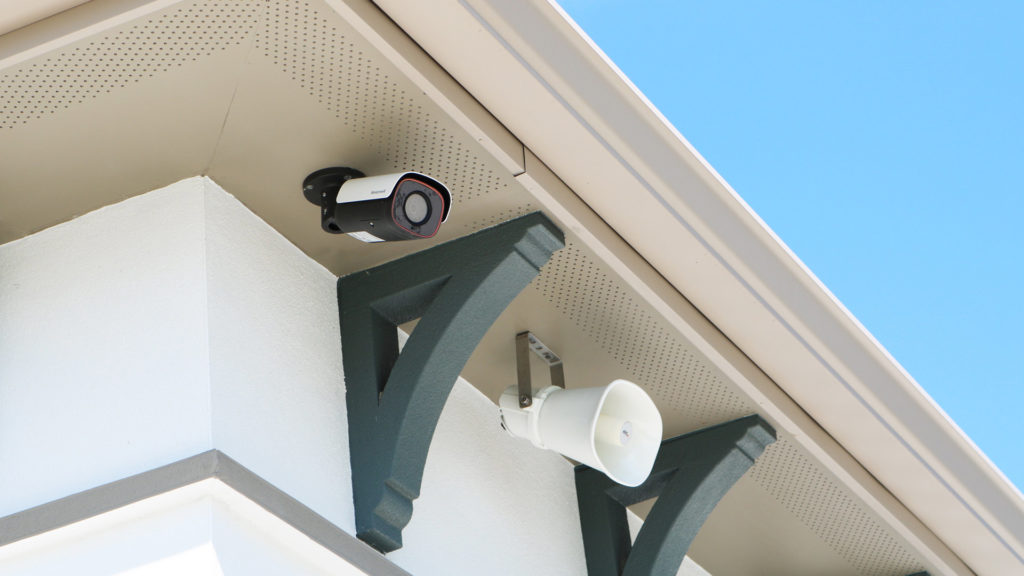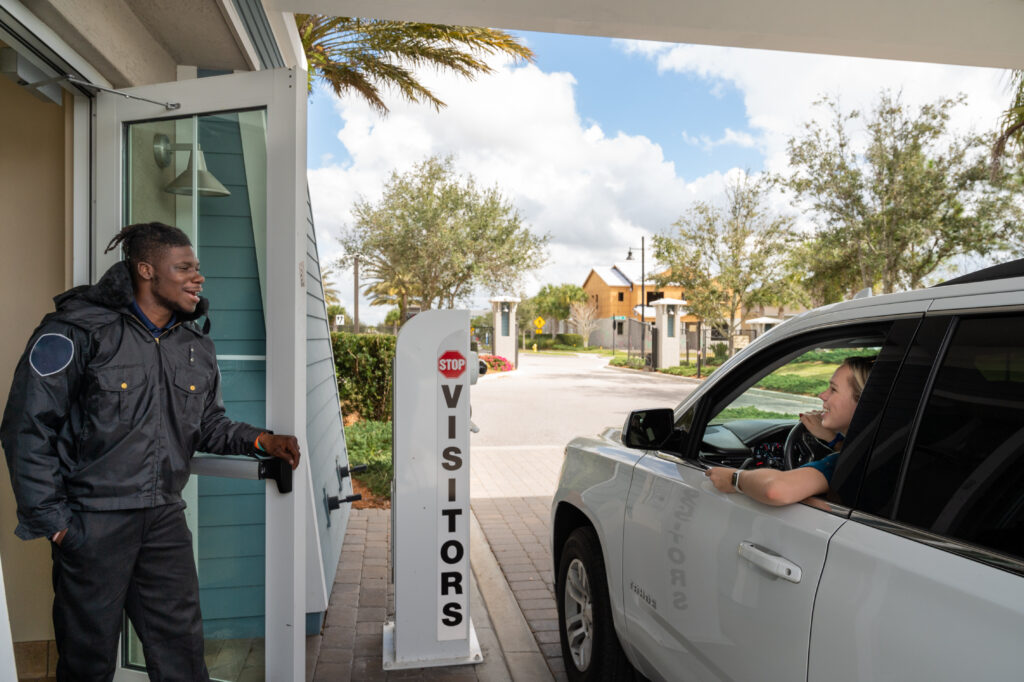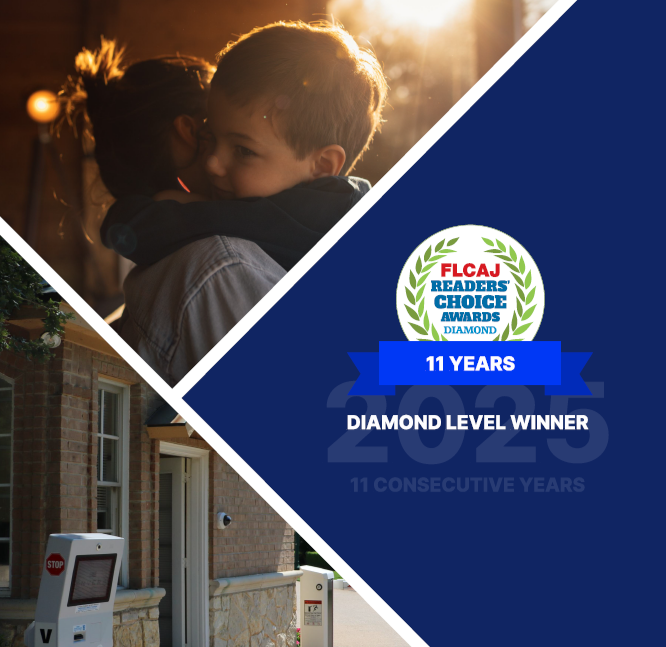Challenges for a Property Manager and How to Succeed
If you ask 10 association members about their definition of “community security,” you will likely hear 10 different answers. Often times, these interpretations range from a “couple of cameras here and there” to borderline law enforcement as their expectation. Finding a community or board that is truly “in tune with all aspects of what security is, is not the norm,” says Garry Porter.
Porter has worked in the property manager industry for five years now, and this past year he has served as a regional director in Southeast Florida. He works with all types of communities and leads a team of property managers to help them and their associations succeed. It’s no secret that the role of a property manager comes with many responsibilities, including community security and all that it entails. With his experience though, Porter knows which challenges a manager can expect depending on the methods they are using, as well as how management can help a community better understand their security.
The biggest obstacles or issues that a manager will face, when it comes to the actual security method or system, depends on what is being utilized or who is employed. If on-site guards are stationed at a gated entrance or roving throughout the community, “One of the biggest challenges there is, does that person really look at their role as a true partnership and not just ‘I’m here to fill a shift,’” says Porter. While the actual interactions between a guard and residents are seldom, one negative experience sets the tone for that resident. “Not having a partnership (can be) one of the biggest issues,” as well as whether or not the guard is consistently following the rules and processes set in place by the community.
Then there are gated communities that are unmanned and have a call-box, or telephone entry system, for visitors to use. Every resident has a four digit code to enter in the call-box to open the gate, but those codes are quickly passed around to friends, family, food deliveries, and ride-share drivers. “There really is no security anymore. They give it out to anyone and everyone.”
For communities with a virtual security system at the gate, the challenge is also a question for that manager, says Porter, “What happens when the technology fails, especially when you’re not on site?” To help, that is also a question that should be posed to the security provider to understand the process if and when equipment malfunctions or goes down: Are backups in place, and what is the timeframe for repairs?
While your expectations as a manager are set based on the security methods a community uses, there are still aspects that the residents and even board may not know. “There is a huge global picture that they’re not aware of…understanding the time and support, and all of the items that intersect,” Porter says. There is database and access management, submitting video retrievals and vehicle owner information when an incident occurs, dealing with gate breaks, and so much more. That’s not always what residents see though. “They expect security to be like police officers, or they expect the manager to be a police officer, and we don’t have that jurisdiction, nor should we want to,” Porter explains.
Community education is crucial for the association and manager to be successful. Porter says there are three things that he finds always help. First, host a town hall, whether it’s once a quarter or every other month. “The residents appreciate it because it provides transparency and gives them the opportunity to participate and have that education.”

Next, provide consistent email communication and regular management reports for the residents to see. “Those avenues are huge to drive that awareness,” Porter says, and the security provider may be able to help in providing materials or information that will help inform the residents about their systems.
Third, board or committee participation is necessary to help with “funneling that information out to the residents.” As community members, the board of directors or committee have the perspective, understanding, and ability to reach more residents. The board is especially helpful if you are needing to reach residents that may not participate in meetings or are not responsive to other forms of communication. A board or committee’s involvement will produce productive results.
Porter’s final pieces of advice can be applied to more than community security, but all vendor relationships that a manager has or is exploring with an association. It starts with “strategic planning…Don’t rush into the decision, really look at what relationships you can build and what partnerships you can have.” This takes time when you are working with a potential new vendor. It will involve many conversations and asking a lot of questions until you feel comfortable and can continue to plan effectively.
Finally, working with a community vendor “truly needs to be a partnership,” and sometimes that requires spending more time with a board to help them see that. “Some boards want to make decisions just off a number but not understanding what you get for that number,” Porter says. The vendor should view the community as a partner, and the community should see the vendor as the same. “Some boards or even managers don’t view their vendor relationships as partnerships, and they’ll make (rash) decisions” rather than have a conversation, and making a quick decision can end up hurting the community in the long run.
Whether it’s understanding how a system or security method works or educating the board and residents about the community security, it all comes down to communication. Communication with the security provider and communication with community members. Having the necessary conversations will not only help to manage the community’s security, but it will also provide peace of mind to residents when they feel educated and comfortable that their security solutions are being monitored and managed effectively.
You can read the complete issue and original article here: FLCAJ – May 2021
Download the article here.






